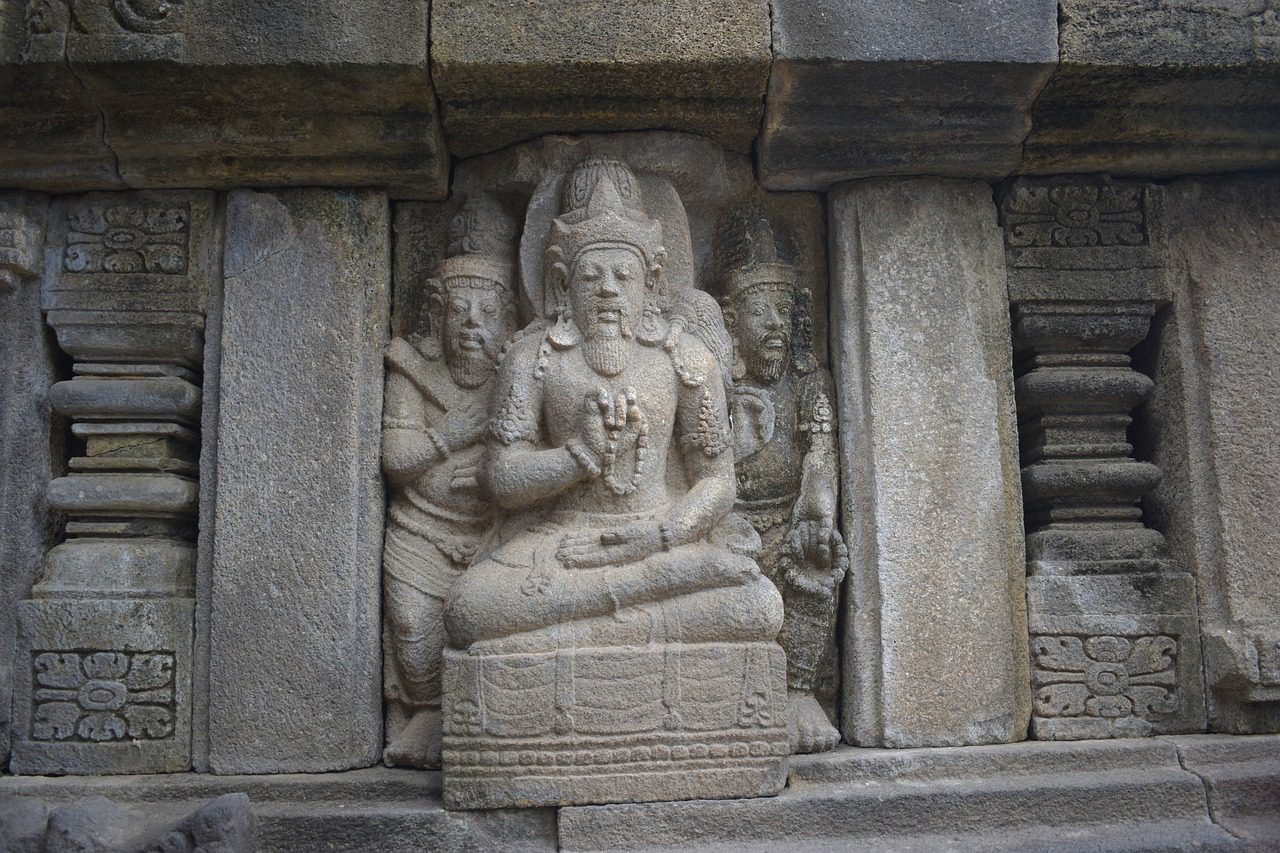Hinduism is the third largest religion in the world. Yet it is confined mostly to the Indian Subcontinent and is also considered as one of the most tolerant religions in the world.
Perhaps it’s the same reason that it’s still confined to a limited geographical area but is credited with surviving some the most barbaric foreign invasions. One of the oldest surviving major religions of the world has many unknown and amazing facts about it that many don’t know about.
Here’s a list of interesting Hinduism facts or facts about Hinduism that the you may not have known before
1. Hinduism is not actually an organized religion but a way of life
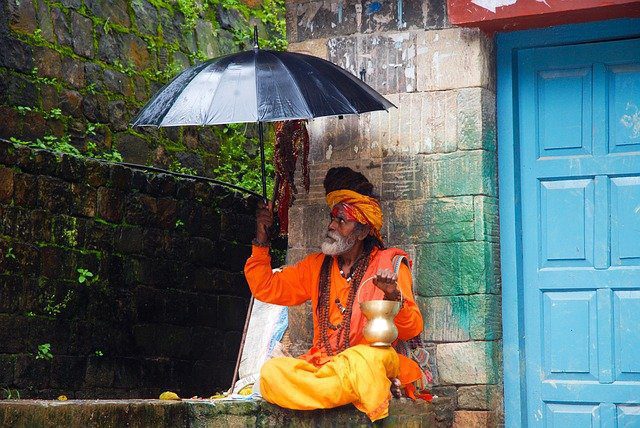
Even the ruling by the Indian Supreme court of India acknowledges Hinduism, not as a religion but a way of life. There is no known founder or organized governing body of Hinduism. There are no certain rituals or deities that you need to worship that will make you a Hindu. You can be an atheist but still, be recognized as a Hindu.
Religion is a recent phenomenon and Hinduism actually predates the concept of religion. The word that Hinduism uses for religion or the Sanskrit and Hindi word for religion is Dharma.
Dharma actually means your duties as a human being. Hinduism is essentially what is now called a Sanatan Dharma. The term Sanatan refers to something that is Anadi (beginningless) and Ananta (endless), meaning that it is beyond time and is eternal.
The term Dharma comes from the root word ‘Dhri’ that means to sustain or to hold together. Sanatan Dharma is, in fact, the Natural Law or the principle of reality that is at the basis of the design of the universe, and in this sense, it is natural, ancient, and eternal.
2. There’s no concept of Blasphemy in Hinduism

To be honest, blasphemy goes along with religion. Religion is all about your faith and in ancient times people did not react well to criticism about their faith. The concept of blasphemy which was political and sometimes personal carried on and still survives.
However, Hinduism is perhaps the only religion in the world that does not have a concept of blasphemy. This places Hinduism among the most tolerant religions in the world.
Interestingly there is also no word for blasphemy in Sanskrit. This has to do with the fact that Hinduism believes that there can be several ways to find the truth and attain salvation (Moksha). No way is right or wrong.
Times have changed and influences from other religions and political reasons may have resulted into a few having hardline approach towards disrespect towards their faith but the basis of Hinduism is against the concept of blasphemy.
3. One can be an atheist or an agnostic, yet be a Hindu

Hinduism is the only religion where you can be an atheist or agnostic and still remain Hindu. Hinduism talks about self-discovery of truth, god, consciousness, and the meaning or purpose of one’s existence.
The Rig Veda, the oldest of the Vedas, deals with significant doubt around the fundamental question of a creator god and the creation of the universe.
It does not, in many instances, categorically accept the existence of a creator God. Nasadiya Sukta (Creation Hymn) in the tenth chapter of the Rig Veda states.
Whence was it produced? Whence is this creation?
The gods came afterward, with the creation of this universe.
It also has much to do with the unorganized nature of the religion. There is no central authority to certify who is a Hindu and who isn’t.
4. Hinduism is one of the if not the oldest religions of the world
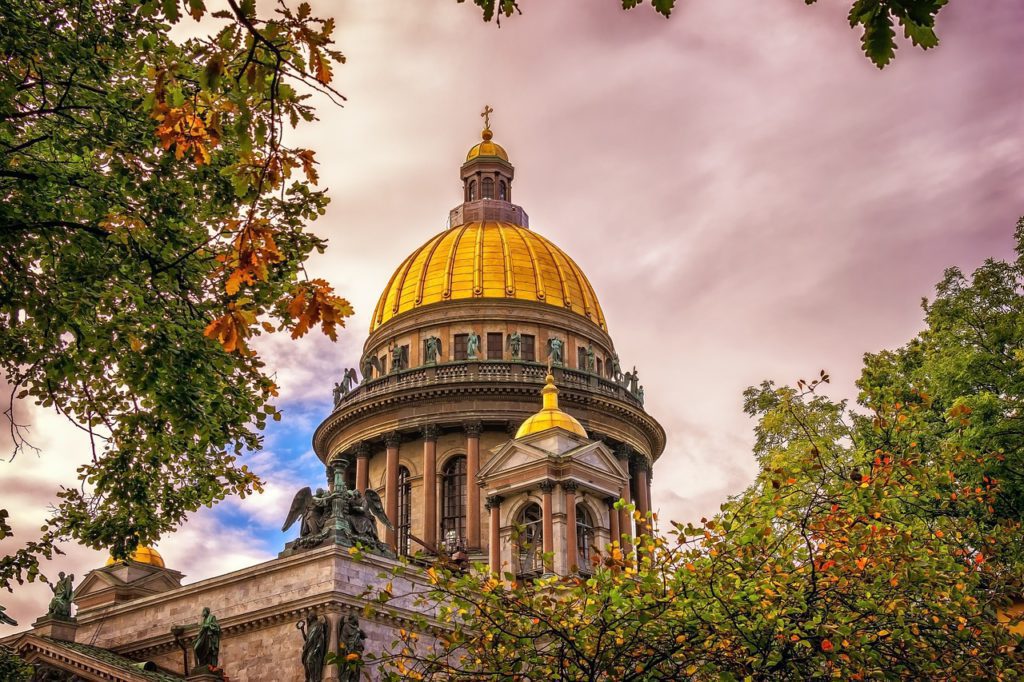
Vedas are the central texts of Sanatan Dharm or Hinduism, which is said to write between 8000BC to 1500BC. This makes Hinduism, the oldest existing religion in the world.
However the long range of dates when Vedas were compiled need to be ascertained for this to be finally established.
5. In Hinduism, the ultimate goal in life is to attain Moksha or salvation

While other religions have the purpose of life identified as spreading the awareness and conquest of their religion. Hinduism talks about the concept of Moksha or salvation as the purpose of life. Self-realization and freedom from the cycle of death and rebirth is the final goal.
Moksha is the ultimate aim in life for Hindus. It means to be saved (salvation). When Hindus achieve moksha, they break free from the cycle of samsara.
Hindus aim to end the cycle of samsara through gaining good karma, which means doing good actions and deeds.
6. Hinduism believes in one god with no physical form

Unlike popular belief, Hinduism is not polytheistic. Henotheism (literally “one God”) better defines the Hindu view. It means the worship of one God without denying the existence of other gods. Hindus believe in the one all-pervasive God who energizes the entire universe.
People who are not acquainted with Hinduism and in fact many Hindus don’t know this fact that Hinduism actually talks about a formless, shapeless, timeless supreme entity.
Hindus believe in Brahman as the one true God who is formless, limitless, all-inclusive, and eternal. Brahman is not an abstract concept — it is a real entity that encompasses everything (seen and unseen) in the universe.
The Vedas are Hindu scriptures that contain revelations received by ancient saints and sages. The various gods that you hear about are related to various means of self-discovery. Most gods in Hinduism are of much later origin than Vedas and can find their roots in Puranas.
7. Buddism, Sikhism, and Jainism, the three major religions have their roots in Hinduism

Three major religions with millions of followers in India and across the globe have their roots in Hinduism. They have many rituals and cultural aspects that are very similar and celebrate many festivals together.
8. Hinduism is the only religion that worships both male and female deities with equal reverence
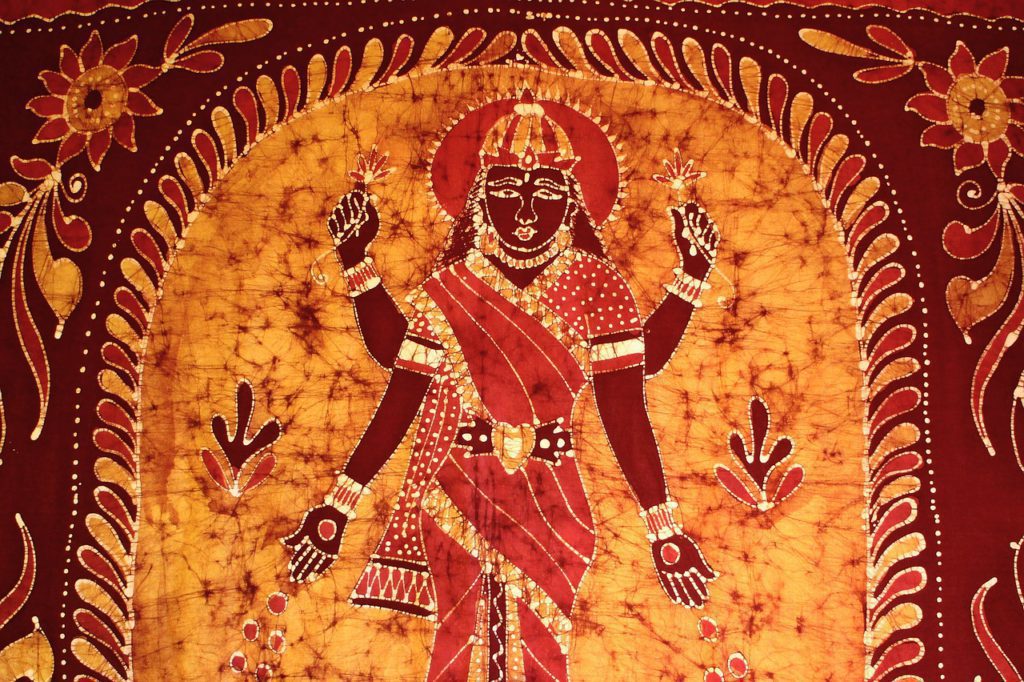
Major deities and goddesses like Shakti, Durga, Saraswati, Lakshmi, and Kali are revered equally in Hinduism.
Even though Hinduism is among the oldest religion in the world when you can just imagine how patriarchal the society was, yet Hindus have many goddesses and deities that are worshipped with the same respect as the male gods.
9. Hinduism is one of the few religions where the pursuit of wealth is not a sin
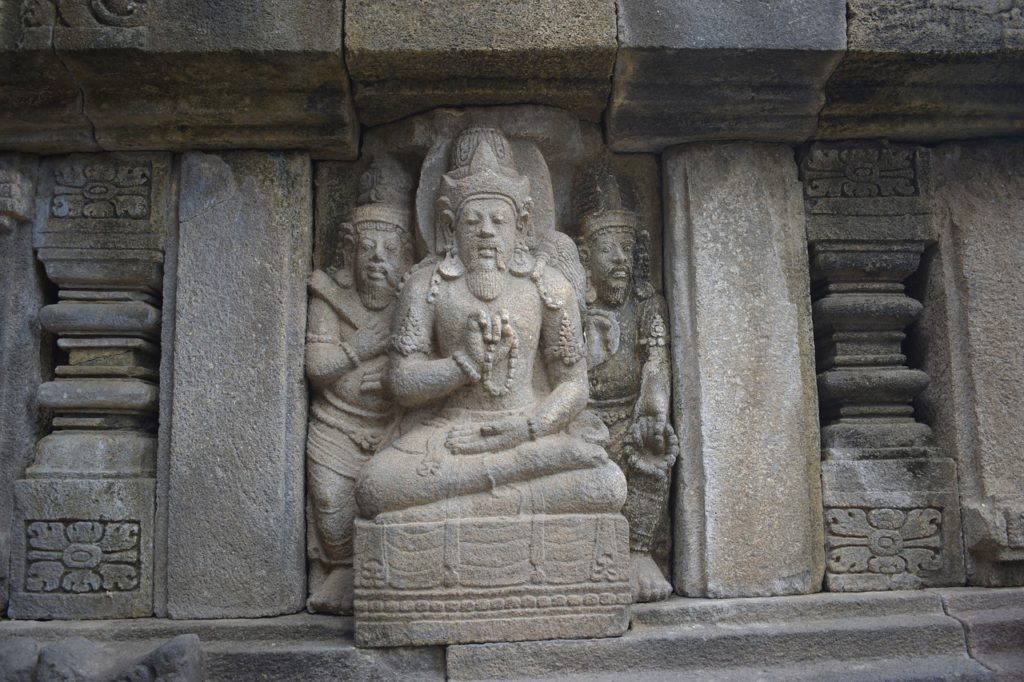
Hinduism is one of the few religions that consider pursuing wealth a just act. It does, however, talk about contribution to the society and treating all fairly.
